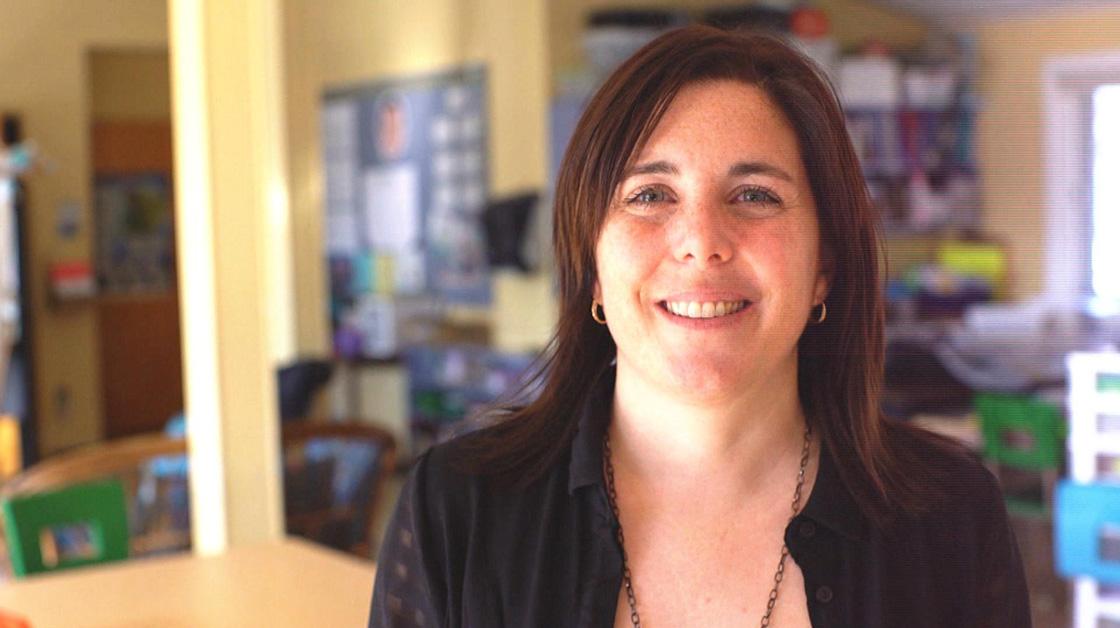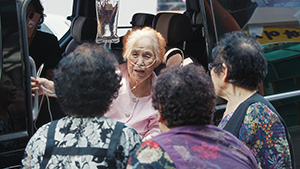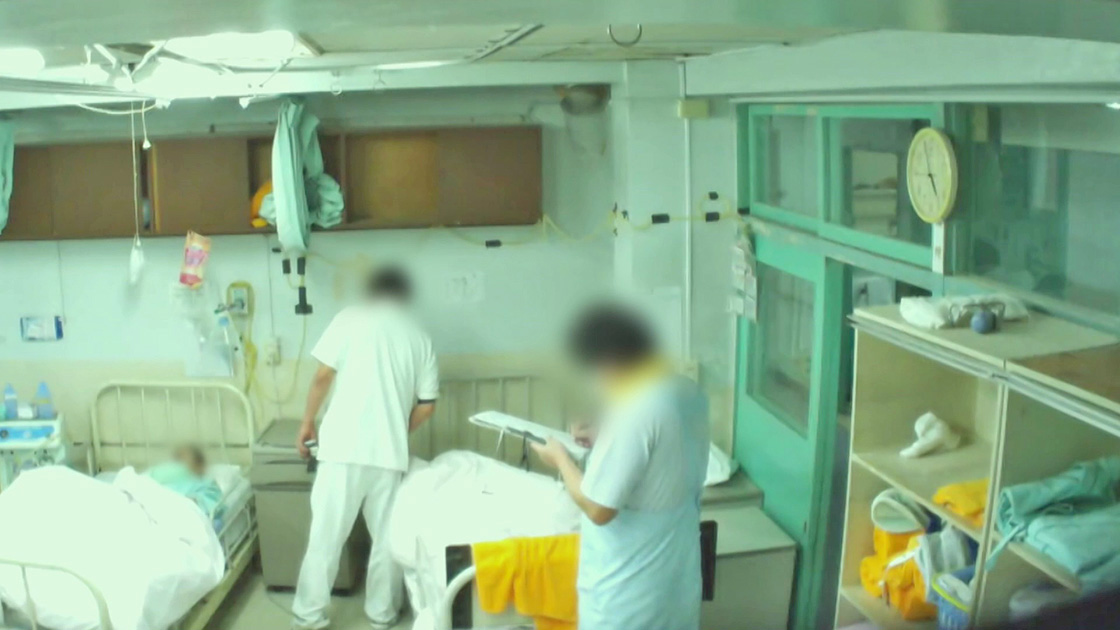

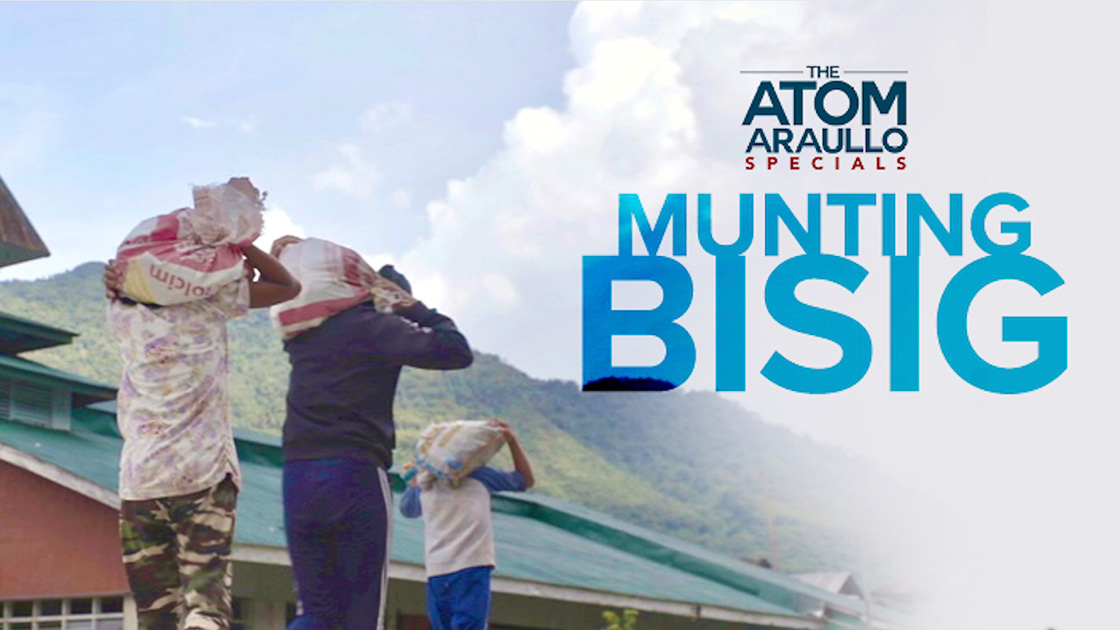
透過觀察16位智利女性的日常,這部片深入探討了「家庭主婦」一詞,並揭示她們不為人知的夢想與矛盾。在本集中,製作團隊將帶著觀眾見證弗羅迪拉與雅德拉的生活,聆聽她們身為照顧者的心路歷程以及對死亡和時間流逝的看法。
This 8-part documentary series dives into the daily lives of 16 Chilean women who have dedicated their lives to caring for their homes and others. Through observing their work at home, the series explores the term “homemaker,” revealing their dreams and the contradictions they experience within their households, often unseen and in silence. In this episode, we witness part of the daily life of Frodila, a 70-year-old woman who lives in Casablanca. She reflects on life as a rural homemaker, recalling how she learned household tasks from an early age. In the second part of the episode, we hear the story of Adelia Zúñiga, a 54-year-old woman living in Pudahuel. She will share her dream of owning a home, the meaning of motherhood, and her thoughts on time and mortality.
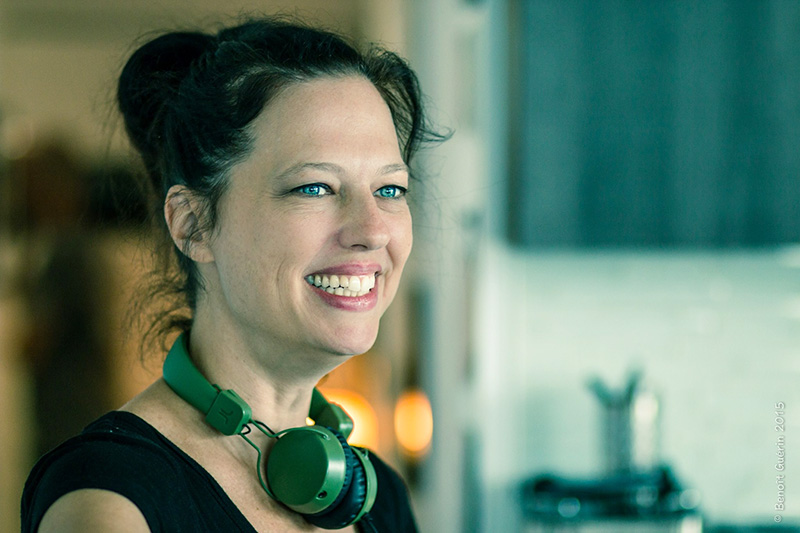
卡羅琳娜・莫斯科索是一位智利導演與剪輯師。她的長片處女作《Night Shot》(2019年)於 FIDMarseille、山形國際紀錄片等影展獲獎。她在2024年推出紀錄片影集《Las Dueñas》。
Carolina Moscoso is a Chilean director and editor. Her debut feature film, Night Shot (2019), received multiple awards at festivals such as FIDMarseille, FICUNAM, Yamagata, and the Valdivia Film Festival. In 2024, she released the documentary series Las Dueñas.
